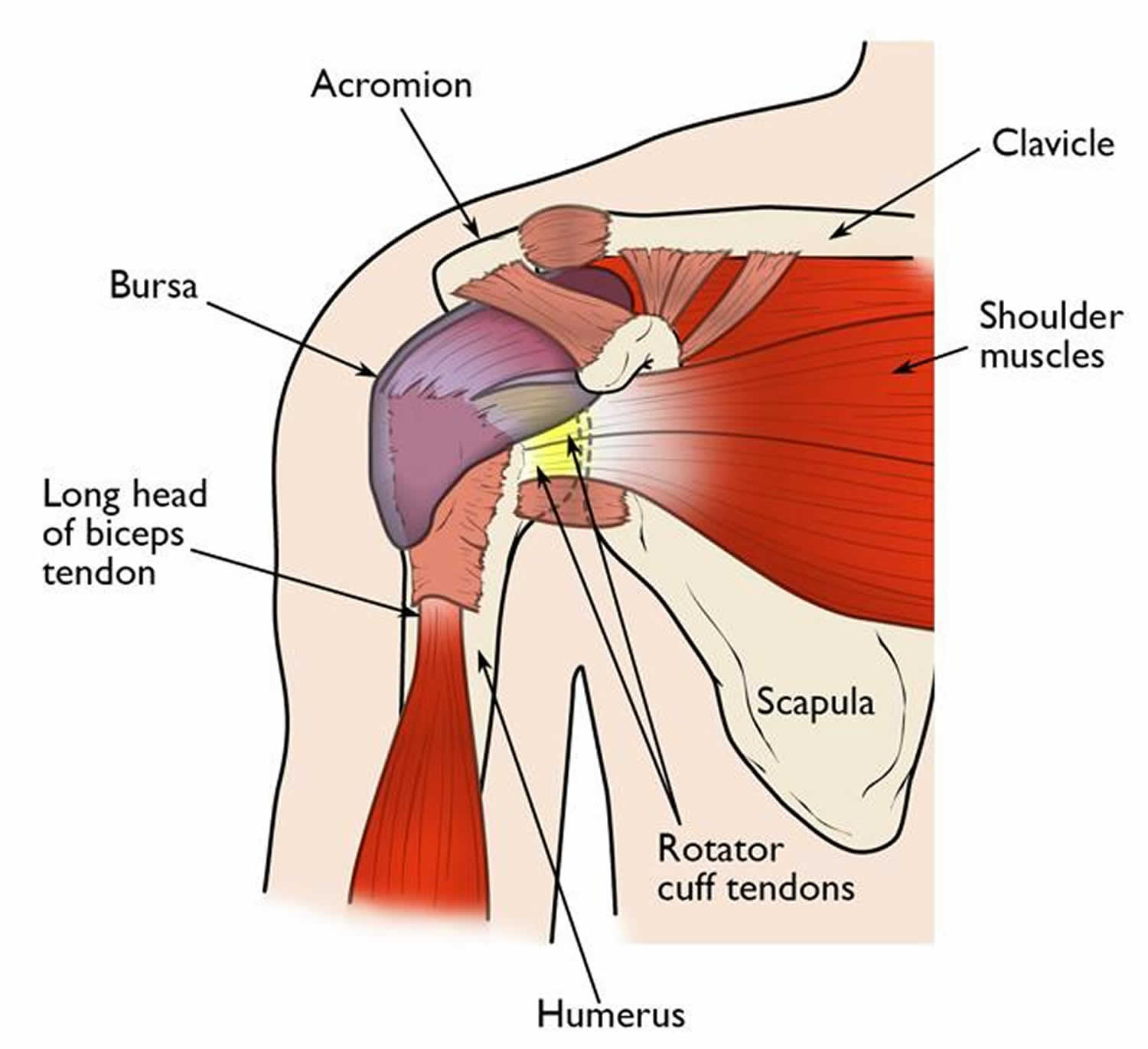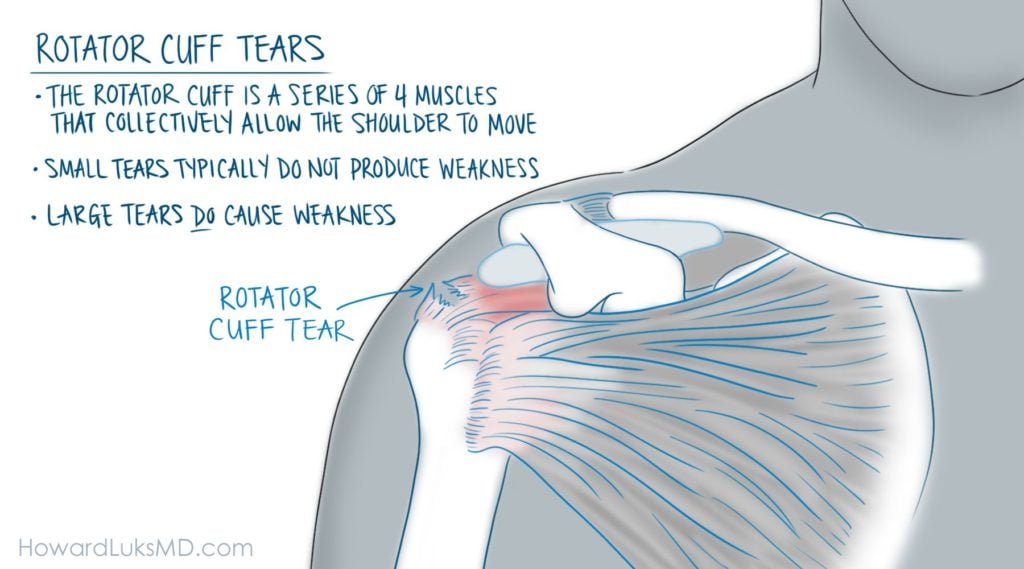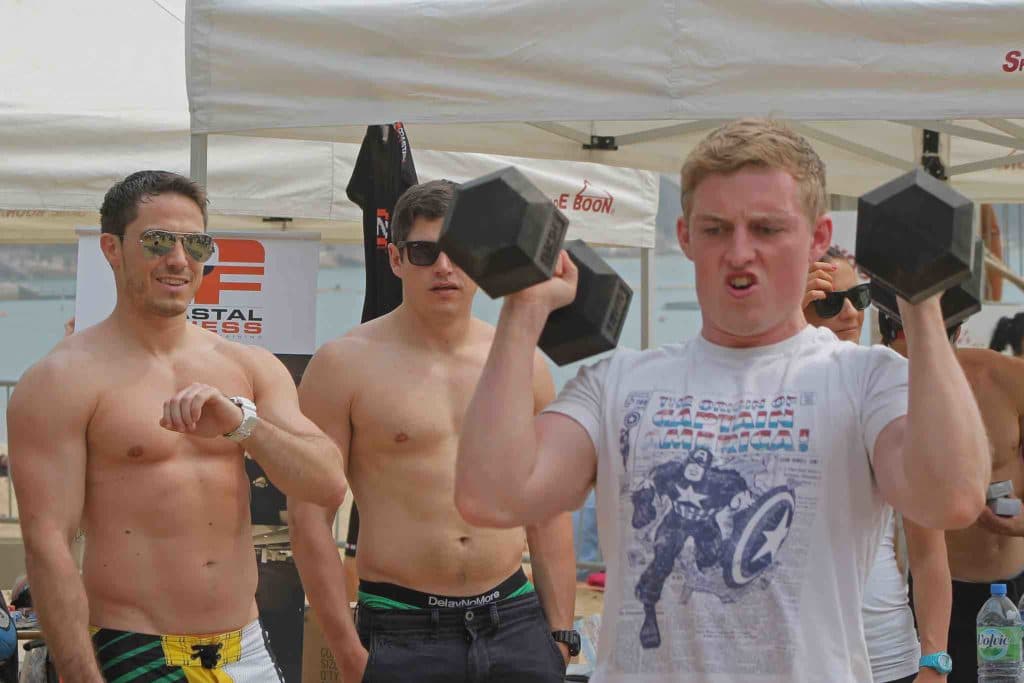Pain In Shoulder When Lifting - One of the most common complaints among athletes and fitness enthusiasts is shoulder pain. It can be a result of several different factors, such as overuse, injury, or bad posture. However, one of the most common causes of shoulder pain when lifting is a rotator cuff injury. The rotator cuff is a group of muscles and tendons that attach the shoulder blade to the upper arm bone. When it becomes strained or injured, lifting can be painful and difficult.
Sulcus Sign Shoulder
Sulcus Sign Test & Positive Sulcus Sign Treatment
The Sulus sign in the shoulder is a diagnostic test that is used to determine if a person has a tear in their rotator cuff. The test is performed by gently pulling on the arm, which puts tension on the rotator cuff. If there is a tear present, the humerus will be pulled downwards, creating a visible depression or "sulcus" in the shoulder joint.

Shoulder Pain and Popping When Lifting Arm
Shoulder pain and popping are common issues that can occur when lifting weights. This can be caused by several factors, including impingement, tears, or other injuries to the rotator cuff. Symptoms may include pain, stiffness, and popping sounds or sensations when raising the arm overhead or lifting weights.

Rotator Cuff Injury and Shoulder Pain When Lifting The Arm
A rotator cuff injury can cause significant pain and discomfort when lifting the arm. The rotator cuff is a group of muscles and tendons that attach the shoulder blade to the upper arm bone. When these muscles and tendons become strained or injured, it can cause pain and difficulty lifting the arm overhead. Symptoms may also include weakness in the shoulder, decreased range of motion, and clicking or popping sounds when moving the shoulder. Treatment options may include ice, rest, physical therapy, and in some cases, surgery.

Front Shoulder Pain From Lifting? What To Do
Front shoulder pain from lifting can be a frustrating condition for anyone who enjoys working out. This type of pain is often caused by overuse injuries or muscular imbalances, such as weak muscles in the back or tight muscles in the chest. Treatment options may include ice, rest, physical therapy exercises, and correcting form during workouts. In some cases, more severe injuries may require surgery or other advanced medical treatments.

Tips and Ideas For Reducing Shoulder Pain When Lifting
If you're experiencing shoulder pain when lifting, there are several tips and ideas you can try to help reduce discomfort and prevent further injuries. Some of these include using proper form during workouts, taking breaks to rest and recover, gradually increasing weights and repetitions, doing exercises that strengthen the muscles in your back and chest, and using cold therapy to reduce swelling and inflammation.
How To Prevent Shoulder Pain When Lifting
To prevent shoulder pain when lifting, it's important to take steps to avoid overuse injuries, such as avoiding activities that strain the shoulder joint, using proper form during workouts, and gradually increasing weights and repetitions. Other tips include taking regular breaks to rest and recover, doing exercises that strengthen the muscles in your back and chest, and using hot and cold therapy to reduce inflammation and promote healing.
In conclusion, shoulder pain is a common condition that can be caused by many factors, including rotator cuff injuries, overuse, and poor posture. If you're experiencing shoulder pain when lifting, it's important to seek medical attention to determine the underlying cause and receive proper treatment. With the right care and prevention techniques, you can continue to enjoy a healthy and active lifestyle without the discomfort and pain associated with shoulder injuries.
View more articles about Pain In Shoulder When Lifting